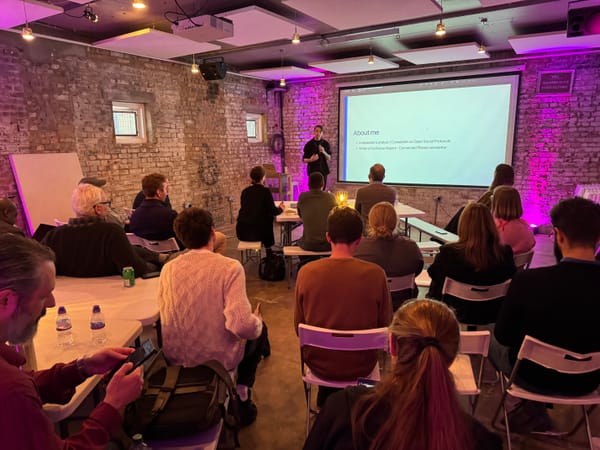America Needs a Working-Class Media
[Alissa Quart in Columbia Journalism Review]
This article cuts right to the core of why media is failing to connect with mass audiences in America. It doesn't report from a perspective that they can identify with - largely because it doesn't hire people like them.
What would working-class media look like?
"It would be one where economic reporters are embedded in blue-collar communities and neighborhoods rather than financial districts, and source networks built around people with direct experience instead of outside analysts. Centering inflation coverage around wage stagnation rather than the stock market and written for people who live paycheck to paycheck. Healthcare reporting would be conducted by those who have experienced medical debt. Labor reporting that represents workers not as mute sufferers but as true experts. Housing that is considered from the perspective of the renter, not the landlord or developer."
Because:
"While Americans in polls report historically low levels of trust in the media, it could be in large part because much of the press hasn’t been speaking to the concerns of their everyday lives."
The piece goes on to laud people from working-class backgrounds like Heather Bryant, who I think is a voice that every newsroom needs to be listening to. Instead, journalism is often a very inward-looking, upper middle class endeavor; people who grew up with nannies and went to private school are overrepresented while people who grew up on income support and had a traditional state education are underrepresented. And because richer people are better targets for advertising buys, ad-supported publications chose to chase them.
In this vacuum, another kind of media has erupted to meet the needs of a disconnected audience:
"This brings us to where we are today with faux-prole Republican journalists, a kind of social-class kitsch of Rogan-ish dudes on barstools with podcasts."
Exactly. This moment requires fundamental change that is about reforming every part of journalistic culture - not just to be more focused on who the audience actually is, but to be more representative of them. That means creating the conditions that allow working-class journalists to stick with it, providing support and training structures that don't assume independent wealth, and truly internalizing the industry's shortcomings on this front.
On that last point, I don't know how optimistic I feel that real change is possible. But we should try.
[Link]


